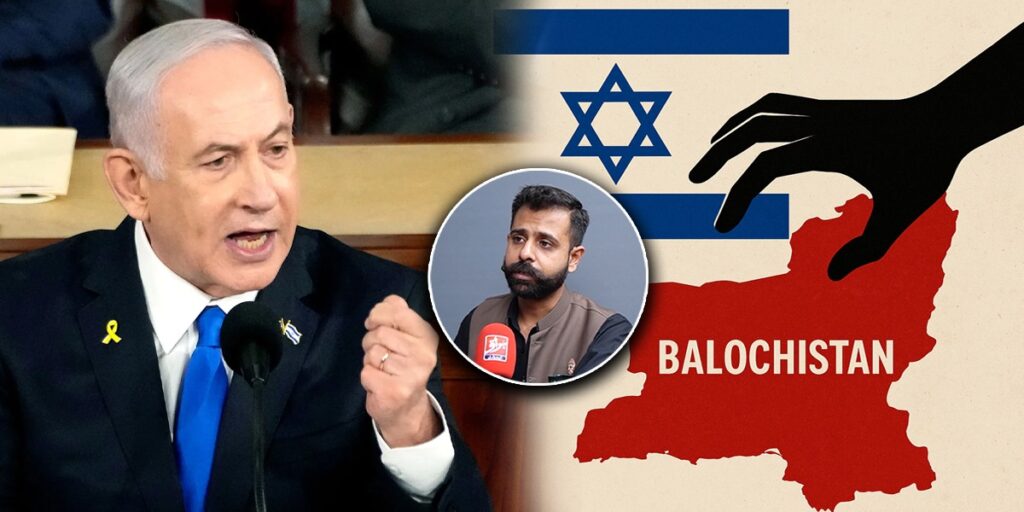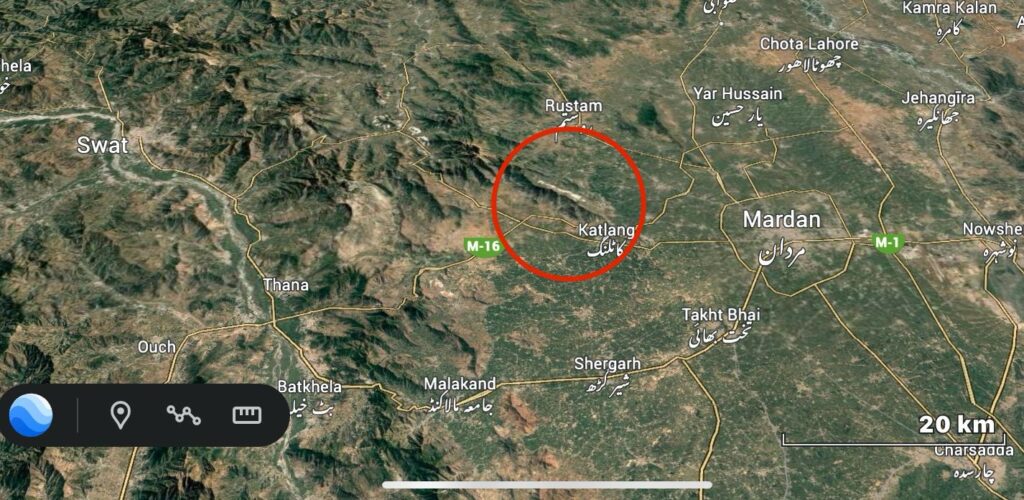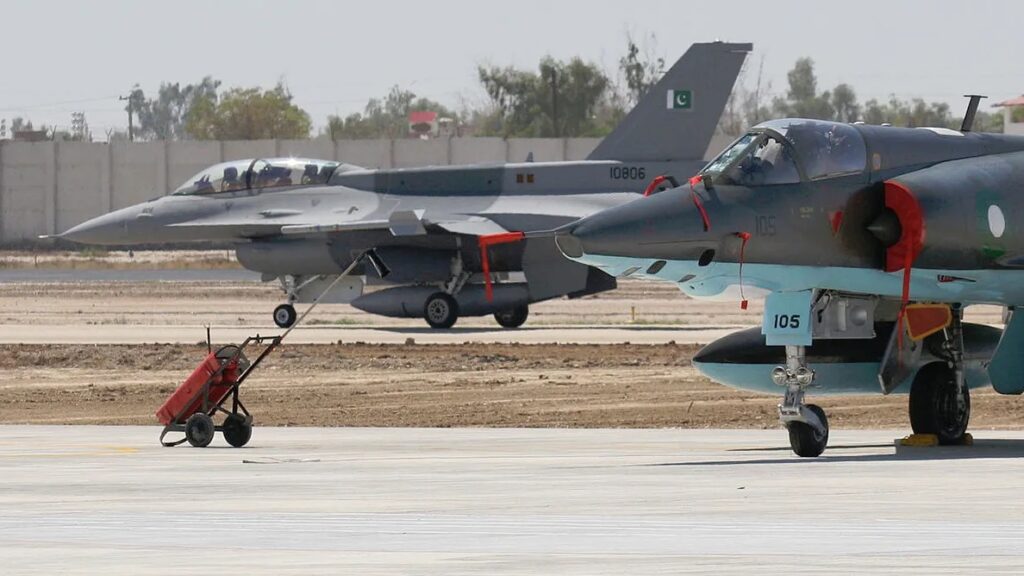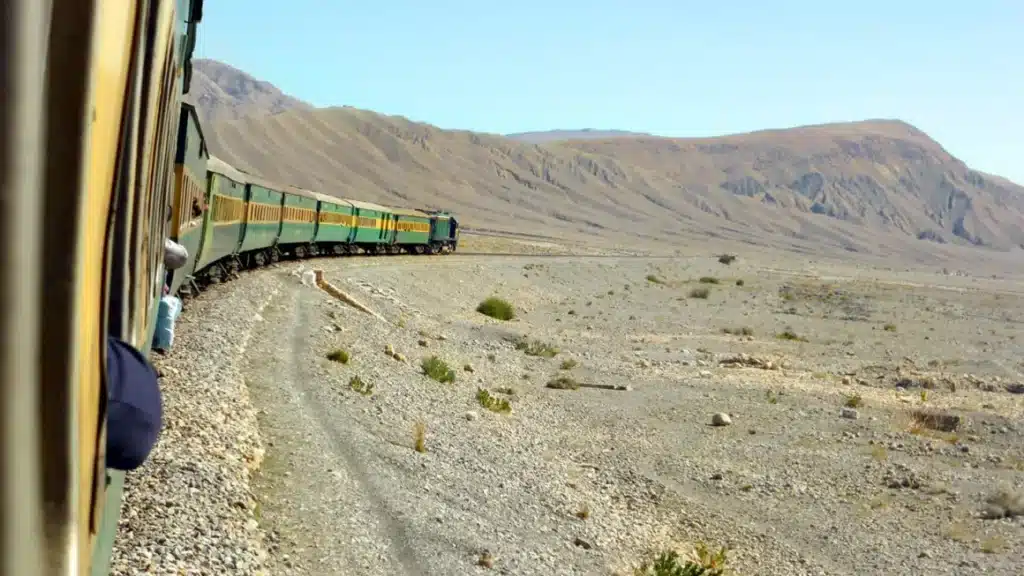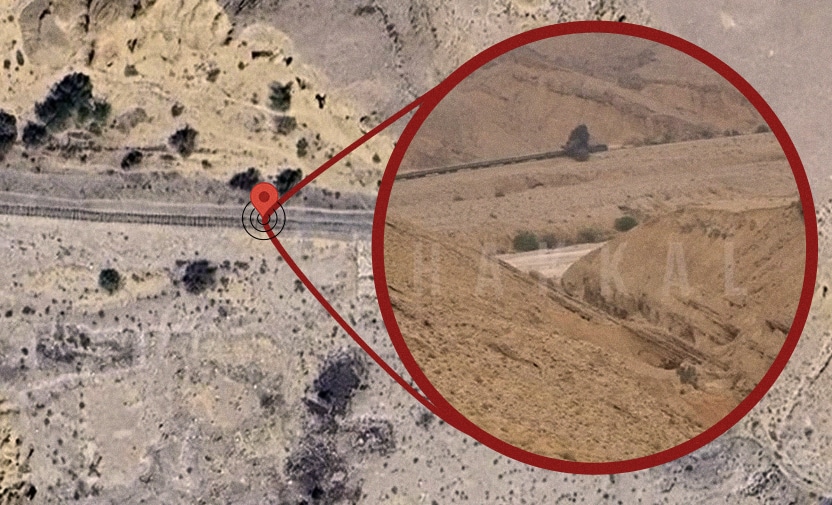By: Shaheer Sialvi
The Middle East Media Research Institute (MEMRI), a Washington-based think tank originally founded to monitor media in the Middle East, has alarmingly expanded its focus to Pakistan, specifically, Balochistan. On the surface, MEMRI claims neutrality, but deeper scrutiny reveals it is pushing anti-Pakistan narratives that align with Baloch terrorist outfits such as the BLA (Balochistan Liberation Army). Their narratives are later echoed by BLA operatives and sympathisers on global platforms.
What most people don’t know is that MEMRI was co-founded by Yigal Carmon, a former officer of “Aman”—Israel’s military intelligence, equivalent to Pakistan’s MI. MEMRI’s so-called research on Balochistan is not accidental. It is part of a sophisticated hybrid warfare strategy. The institute even launched a sub-initiative called the “Balochistan Studies Project,” fronted by separatist sympathisers like Mehryar Baloch, selected under the influence of notorious figures like Herbyar Marri.
Why would a Middle East-focused Israeli think tank be interested in Balochistan?
The answer is strategic. Pakistan is the only Muslim country with nuclear weapons and the last ideological bulwark defending the Muslim Ummah. With much of the Arab world now under IMF pressure or toeing Western lines, Pakistan stands out as an ideological threat to Israel’s strategic ambitions.
Israel’s interest in Balochistan lies in destabilising Pakistan from within. Balochistan, with its poverty, weak institutions, and disenfranchised youth, presents an ideal soft target. The feudal structure is easily exploited. Some tribal chiefs side with the state, others with hostile foreign powers. The ordinary Baloch is caught in the crossfire.
What is even more troubling is that many of these so-called Baloch “freedom fighters” have never spoken in support of Palestine. In fact, some of them are known to attend pro-Israel rallies abroad. This contradiction is not accidental; it reflects their foreign patronage. If their struggle was about genuine autonomy or justice, they would at least express solidarity with oppressed Muslims in Gaza. But they don’t—because they’re funded and sheltered by those who oppress Palestine.
Some of their leaders even admire figures like Indian Prime Minister Narendra Modi—the man behind the 2002 Gujarat massacres—openly calling him a role model. This admiration for a known Muslim butcher shows where their loyalties lie. These individuals have no moral authority to speak of “freedom” while being complicit in Zionist and Hindutva propaganda machines.
The Pakistani state must respond smartly.
Why is it that political parties in Pakistan hire lobbying firms in Washington for their election agendas, but not to counter disinformation against Pakistan and defend the Palestinian cause? Why not create state-sponsored think tanks to challenge Western narratives and expose the proxies working to destabilize Pakistan?
Pakistan needs to be firm. Our nuclear deterrent, ideological foundations, and refusal to recognize Israel have made us a unique target. But it’s time to flip the script. The world needs to hear our side, not through defensive diplomacy, but through proactive international engagement.
The average Baloch must also introspect: if your “leaders” are cozying up with Israel and India—nations hostile to Muslim identity—whose freedom are they fighting for? Theirs, or yours?

